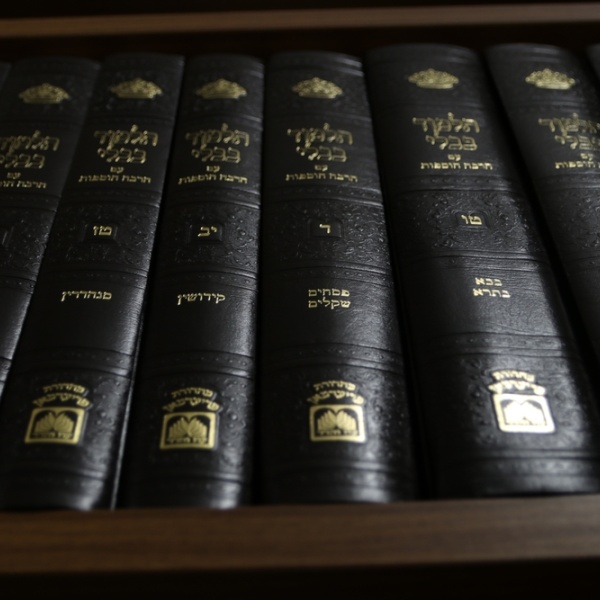
The importance of informal education is today a given. A solid education requires both formal and informal learning and often it is the latter that has both the greater impact and garners the greater interest of many.
The importance of the non-formal aspects of education was well known to our Sages. It is in many respects the theme of Sefer Breisheet, which contains very few mitzvoth or even direct instruction. Rather through the stories we are to gain insight into the human condition and appropriate human interaction. “Greater is table talk of the servants of our patriarchs than the Torah of the children” (Rashi Breisheet 24:42). Many a story in the book of Breisheet - from Creation to Yosef and much in between - is repeated, sometimes for a third time. Such indirect teaching is often more effective than a direct divine command which may have only a limited impact; it took a mere forty days after revelation before the Jewish people were worshipping a golden calf.
That there is much to learn (even) from the servants of great people is further demonstrated by Tevi, the servant of Rabban Gamliel who, to cite one example, by action alone taught the laws of sleeping in a Sukkah (Sukkah 20a). It is in the mundane of the day-to-day where we can discern greatness if we only look hard enough.
“Rav Yochanan said in the name of Rav Shimon bar Yochai: Greater is the service of Torah than the learning of Torah” (Brachot 7b). As the Maharsha notes so much of formal education has little practical import. It is watching people in action where we are likely to gain the most. Yet even greater than observing others is servicing others, especially people of great piety and learning. It is in this intimate service where we get up close affording a greater opportunity to learn from these mentors. At the same time we can take care of the many menial tasks allowing them to make even better use of their time. Being a secretary or should we say executive assistant, affords insight into the one who one serves. One must choose for whom one works carefully.
The nature of truly great people is to refuse to allow others to serve them. Their innate modesty (a requirement for true greatness) makes them most uncomfortable to be on the receiving, and not the giving end of things. Nonetheless they must allow such so as not to deprive others of real life lessons.
“Rav Chiyahbar Abba stated in the name of Rav Yochanan[1]: whoever deprives his student of from attending on him it is as if he had deprived him of kindness...Rav Nachman bar Yitzchak said: He also removes from him of the fear of heaven” (Ketubot 96a).
The Torah consists of a small written book and a vast Oral corpus (which for historical reasons was eventually written down). The former, revealed by G-d at Sinai[2] led to great fear of heaven. The latter developed by the Sages of every generation requires a close relationship between teacher and student. While one may gain much knowledge from our teachers such is not enough. It is our teachers who help develop our refinement of character and awe of heaven - which is in the purpose of knowledge in the first place. Torah study is great - but servicing Torah masters is even greater. It is no coincidence that many of those who were the meshamshim, servants of Rav Solovetichick became great rabbis in their own right.
We live in a time when many focus almost exclusively on their own needs, or shall we say wants. How great are those who delight in servicing others as an act of both kindness and spiritual growth. “If I am not for myself who wil be for me, but if I am only for myself what am I? (Avot 1:14)
[1] It is interesting to note that it is Rav Yochanan quoting Rav Shimon bar Yochai teaching the greatness of servicing Torah scholars and it is Rav Yochanan quoted by Rav Chiya who teaches that Torah scholars must allow themselves to be served.
[2] This is not the place to discuss exactly what parts of the Torah may or may not have been revealed at Sinai and which over the years in the desert.
